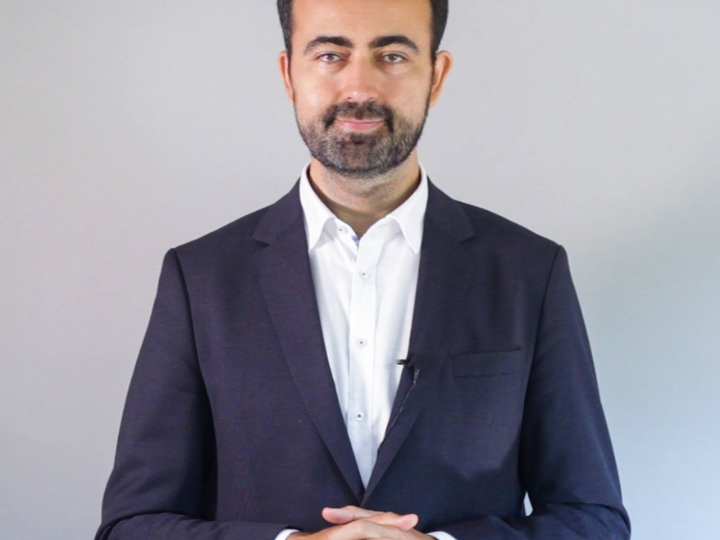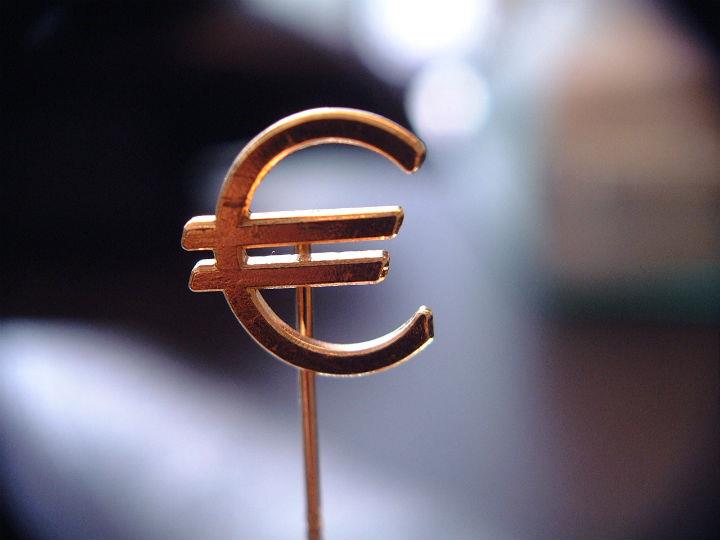by Radu Magdin
Naturally, if not evenly, the global tug of war between China and the United States is taking shape all around us – at summits, in technology, in vaccine purchases. The winner, to some extent, will be determined by mass: who can get the most to enrol in its ecosystem – meaning financial systems, telecommunication networks, satellite data providers, military communications.
The winner in the tug of war seems to be primarily decided by a group of rising middle powers whose development is marked by one system or another and whose weight enables them to set the tone for their own region, be it Russia, Iran and Turkey in Central Asia, Brazil in South America, or Indonesia in South-East Asia. Overall, it comes down to only a few countries, usually referred to as the global swing states between China and the United States: Brazil, Turkey, India, Indonesia, according to the German Marshall Fund. But the epicentre lies with ASEAN’s 600 million people, where most growth and economic dynamics will happen over the next 30 years, perhaps informing the United States sudden, newly found love for the ’Indo-Pacific’.
Consequently, in the epicentre of that tug of war lies South-East Asia – the world’s area with the highest growth potential. At the centre of South-East Asia lies Indonesia. And at the epicentre of Indonesia lies a handful of important families. Their interests, choices and personal preferences may very well shift the Indonesian economy one way or the other and, eventually, Indonesia.
In other words, the geopolitical world balance might very well be tipped by whoever woos Indonesia’s well-heeled.
Beijing, for its part, is doing all that it can to attract Indonesian elites alongside the general Indonesian public. It was Indonesia which was chosen as the distribution hub for China’s vaccine diplomacy in South-East Asia and it was Indonesia who was chosen for preferential access to Sinopharm’s vaccine delivery. Not only does China finance infrastructure projects in Indonesia, but the Widodo administration enjoys a say in the terms of the financing that few others would. Likewise, ASEAN countries make-up the largest group of students on Chinese scholarships studying in Chinese universities, many of them Indonesians who will later be part of the country’s administrative, technological and business elite.
It’s easy to see why Indonesia is courted above others. Indonesia is already the world’s 8th largest economy in PPP terms. But PwC estimates that Indonesia will rise to the 5th place by 2030 and will be the world 4th largest economy by 2050, with a projected GDP of 10,502 billion at PPP – almost twice as that of the United Kingdom. That, in turn, reflects widely. In September 2020, the American Chamber of Commerce in Shanghai conducted a survey of the intentions of American business currently in China in light of sustained sanctions and trade sanctions from the United States. Only 4% answered that they will move production back to the United States and 75% said they have no intention of moving production out of China. Weighing significantly in that decision must be the simple fact that ASEAN 600 million consumers might soon be just as important as the American markets.
Needless to say, to assume elite heterogeneity as well as to assume that the business establishment would be able to swing the country would be a mistake few would make after seeing the course of Indonesia’s neighbour, Australia. After decades-long engagement, where China’s boom became Australia’s and the business elite was lured and rewarded with favourable business deals, the country security establishment successfully overthrew almost 50 years of painstaking work in less than 5 years. And, let’s not forget, Indonesia’s past was one of a country where death squads openly killed suspected sympathisers of Maoist ideas.
That said, realism prevails today. Burgeoning Dynasties such as the Widjaja, of Hakka Chinese descent, are less frowned upon when Indonesia is, according to the World Bank, expected to grow at 4.4% in 2021 and 4.8% in 2022 in the baseline scenario and still pull of 3.1% and 3.8% in the grimmest scenario. Meanwhile, the fortunes of many of Indonesia’s prominent families are for better or worse tied with China: the Salim Group’s sales of palm oil to China or the Hartono’s brothers’ bank capitalisation show how the economic impact has been key both as a market as well as a growth facilitator. Quite simply, the relationship is closer to that of Germany’s business elites, with China acting both as a market, as an investor and as Global Value Chain hub. This makes American efforts to paint China as the job-stealing exporter of pantomime villainy much harder.
Indeed, as ASEAN became China’s largest quarterly trading partner in the 2020, trade volumes reaching CNY 4.74 trillion, compared to CNY 4.5 trillion with the EU-27, Indonesia’s well heeled have the world’s largest single market before them, with trade flourishing at 7% even as the United States and Europe seem stuck in perpetual discord.
It is clear to all which way Indonesia’s elites are looking.




 By: N. Peter Kramer
By: N. Peter Kramer
